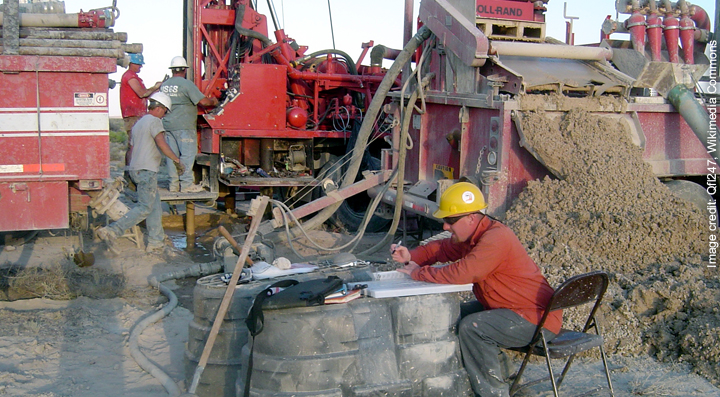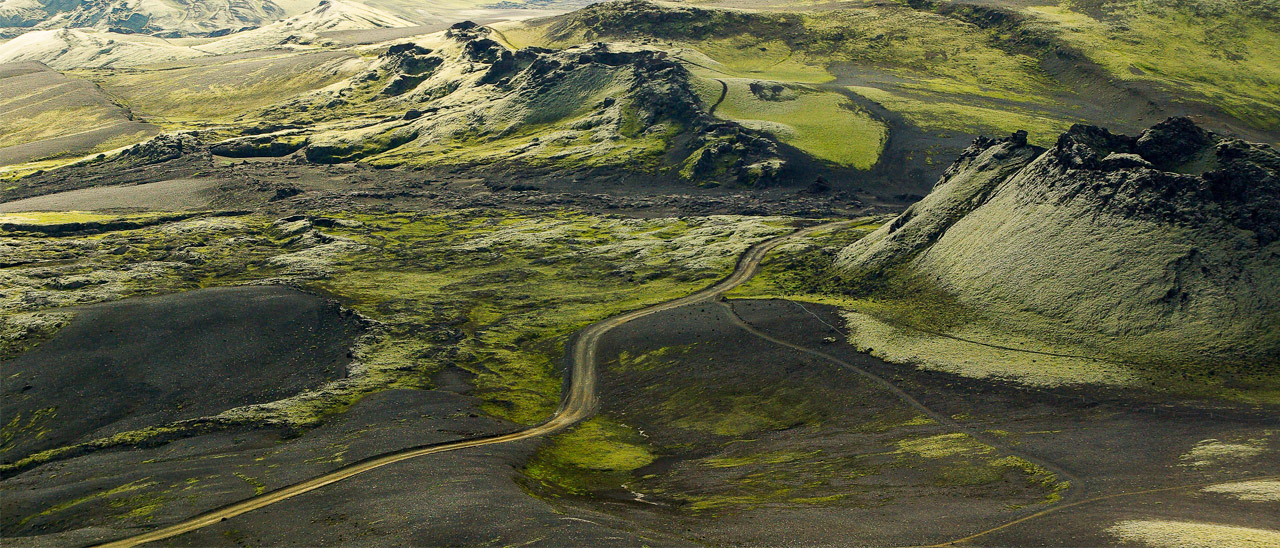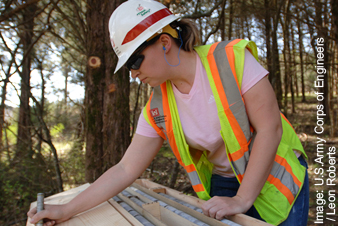Energy
 Oil and Gas
Oil and Gas
Energy companies (and oil & gas exploration companies) employ a wide range of geologists and engineers in the search for and production of hydrocarbon reserves. Exploration, seismology and software modelling are just a few of the sectors.
Companies that employ geologists include oil and gas producers, exploration companies (sometimes incorporated into the producers) and consultancies.

 Roles & career profiles
Roles & career profiles
Typical roles geoscientists in oil and gas companies/consultancies may undertake include:

GeoscientistRead career profile |

Reservoir Geologist |

Exploration GeologistRead career profile |

Reservoir GeophysicistRead career profile |

Exploration GeophysicistRead career profile |

Principal GeophysicistRead career profile |

New Ventures ManagerRead career profile |
There are also a range of engineering roles associated with oil and gas companies/consultancies, e.g. petroleum engineers, which can be undertaken by geoscientists with the correct postgraduate qualifications and/or experience.
 Geoscience Areas
Geoscience Areas
These roles require a diverse set of geological and geophysical knowledge and skills. Some of the areas that those in the oil and gas industry utilise or specialise in include:
- Geophysical/Seismic interpretation
- Structural geology and tectonics
- Basin evolution
- Sedimentology
- Palaeontology
- Stratigraphy
- ‘Organic’ Geochemistry
- Remote sensing / Geographical Information Systems
 How to get ahead
How to get ahead
- Ensure your degree / modules are tailored towards the oil and gas industry
- Take a postgraduate degree (MSc / MRes / PhD)
- 4-year undergraduate geophysics degrees are also quite useful.
- Modern languages can be very useful, especially slightly less common ones like Portuguese, Russian and Arabic.
- Work experience during your degree is really useful, even if it’s only in a loosely-related area (i.e. any energy company or as a research assistant).




